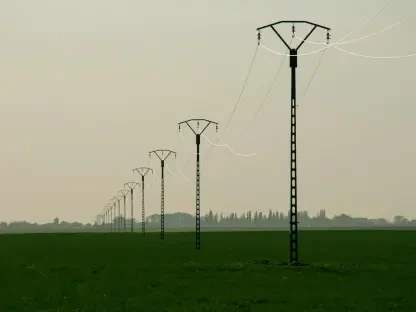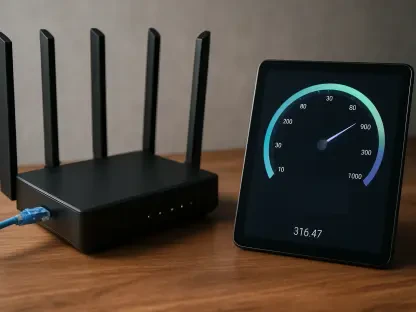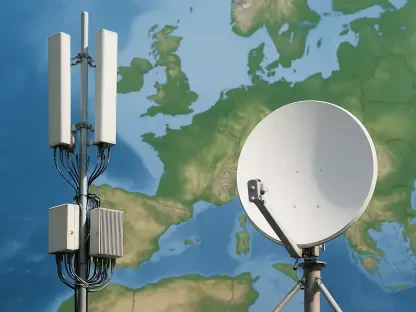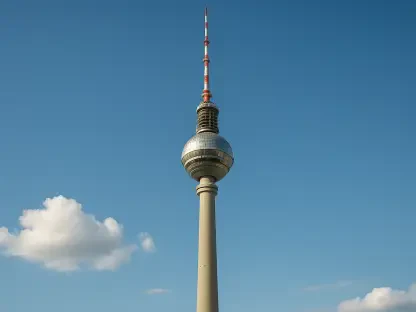In a striking development that could reshape the telecommunications landscape across Europe, Nokia’s CEO, Justin Hotard, has made a bold appeal to European officials, pressing for the exclusion of certain high-risk vendors from the region’s networks. This call, delivered during a press conference at the inauguration of Nokia’s new research campus in Oulu, Finland, specifically targets Chinese companies such as Huawei and ZTE. Hotard pointed to a glaring imbalance in market access, emphasizing that while Nokia struggles with a mere 3% share in the Chinese market, Chinese vendors continue to maintain a foothold in various European countries. This disparity raises questions about fairness and competitive equity in a sector increasingly defined by geopolitical tensions and security concerns. The urgency of Hotard’s plea underscores a critical juncture for European telecom policy, where economic strategy and national security are colliding with unprecedented intensity, setting the stage for a broader debate on how the region should position itself in the global market.
Addressing Market Disparities and Security Risks
Hotard’s remarks shine a spotlight on a long-standing issue of reciprocity in the telecommunications industry, where European giants like Nokia and Ericsson face significant barriers in China, yet their Chinese counterparts operate in parts of Europe with relative ease. This imbalance, according to Hotard, warrants a reevaluation of market policies to favor European vendors, much like the preferential treatment he perceives Chinese companies receive in their home market. Beyond economic fairness, the CEO’s stance is deeply rooted in security concerns that have haunted the industry for years, with fears of data vulnerabilities and foreign influence through telecom infrastructure. In several European Union countries, including Germany and the United Kingdom, Huawei and ZTE already face bans or restrictions on supplying 5G equipment, reflecting a growing unease. However, the lack of a unified approach across the continent, with nations like Spain still engaging in partnerships with Huawei, complicates the push for a cohesive strategy to safeguard critical networks from potential risks.
Strategic Moves Amid Geopolitical Tensions
The motivations behind Hotard’s appeal extend beyond mere fairness, intertwining with strategic efforts to bolster Nokia’s standing in a fiercely competitive and politically charged arena. Analysts, such as Daryl Schoolar from Recon Analytics, suggest that this call mirrors the U.S. “rip and replace” initiative, which has invested billions to purge Chinese equipment from domestic networks, and could be seen as an attempt to inspire a similar protective wave in Europe. With Nokia and Ericsson experiencing shrinking market shares in China, the urgency to secure a stronger foothold in their home region has never been more apparent. Schoolar frames this as a calculated move to leverage regional pride and security rhetoric, especially as the industry braces for uncertain investments in future technologies like 6G. Reflecting on the broader trend, it becomes evident that Hotard’s advocacy highlights a growing global divide in telecommunications, driven by national security imperatives and economic protectionism, which have shaped policy decisions across multiple continents in recent times.









